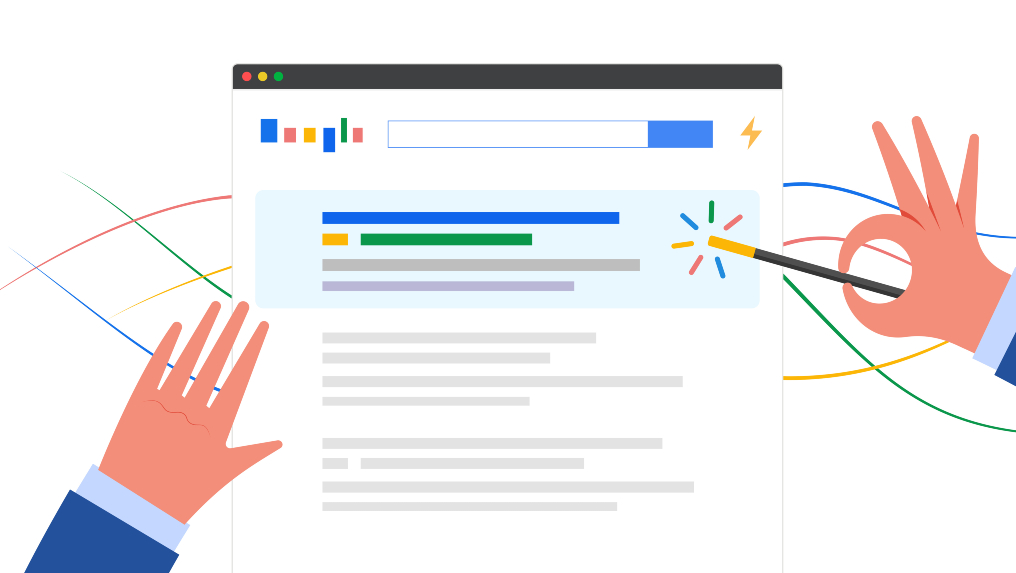
There has been curiosity regarding how continuous scrolling on desktop would impact organic traffic. Would it increase the value of organic results on deeper pages, or would consumers still prefer to change their search query if nothing was found on the first few search results? To find out, Search Engine Land’s Jason Tabeling looked at organic traffic data over a 30-day period pre- and post-continuous scroll change, only including non-branded keyword data in the charts.
The data shows that the first page is still massively essential, with over 50% of impressions and 88% of clicks going to the top 3 positions. Although continuous scrolling did move some impressions and clicks to deeper results, the majority of traffic still comes from the top 3 positions. For clicks, only 4% of total clicks occur after position 6. This emphasizes the importance of being in the top positions for key search queries.
The data set confirms that user behaviors are slightly impacted by UX changes that Google or other platforms make, and it is still relevant to be in the top positions for key search queries. It’s key for business owners to continue publishing quality content and optimizing on-page and technical SEO elements to keep their websites strong and healthy year-round. No matter what change in user experience happens, or AI thing comes along, websites still need to be set up and ready for those changes.
